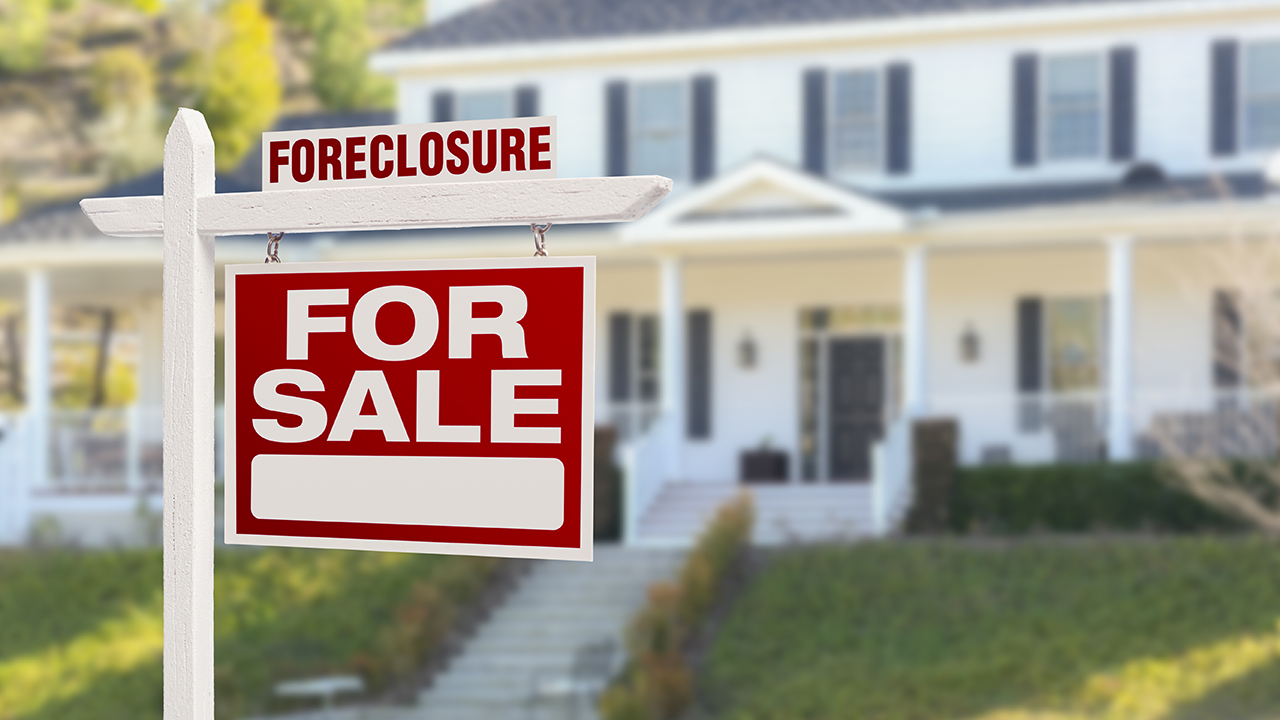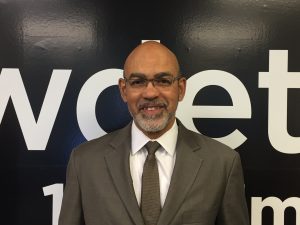Wayne County Treasurer Sabree says property tax foreclosures on rentals outpacing those for homeowners
The deadline to avoid foreclosure was April 1. But recently, a Third Circuit Court judge ruled that foreclosures should be suspended for some homeowners until next year.

Property tax foreclosures are happening once again in Wayne County. It’s the first time they’ve taken place since the COVID-19 pandemic started. And the list of people who could potentially lose their homes has grown significantly.
The deadline to avoid foreclosure passed April 1. But recently, a Third Circuit Court judge ruled that foreclosures should be suspended for some homeowners until next year.
Wayne County Treasurer Eric Sabree petitioned for the pause. But that does not mean his office is stopping foreclosures for everyone.
Listen: Wayne County Treasurer Eric Sabree discusses the court order to delay some foreclosures until next year.
Eli Newman, WDET News: What does this court order do?
 Eric Sabree, Wayne County Treasurer: It removes from foreclosure taxpayers who would have been foreclosed for 2017 taxes, 2018 taxes and 2019 taxes.
Eric Sabree, Wayne County Treasurer: It removes from foreclosure taxpayers who would have been foreclosed for 2017 taxes, 2018 taxes and 2019 taxes.
How many properties were facing foreclosure before this order came through and how many will be protected by this order?
Approximately 2,400 owner-occupied properties were facing foreclosure before the order. This order will remove approximately 1,800 of them from foreclosure.
Why was it important to delay foreclosures for another year?
Because those years that we are asking to be withheld are the years they would have been foreclosed during years where it was COVID-19. I looked at that and said these individuals if they applied for the Michigan Homeowners Assistance Fund, many of them have, the Michigan Homeowners Assistance Fund would pay [delinquent property taxes] for 2019, 2020 and 2021 for eligible taxpayers and then they would have a year to work on either 2017 and/or 2018 years with us through a payment plan.
Beyond the owner-occupied properties in Wayne County, how many occupied properties are still at risk for foreclosure this year?
The non-owner occupied, which would be the property that will be rented out or lived in by someone who doesn’t own the property. That number is close to 3,700. It will go probably drop maybe a few hundred next couple of days.
In terms of these non-owner-occupied properties, I mean, there are thousands of people in these situations where the home that they might not necessarily own might face foreclosure and they’re renting that home. What advice do you have for somebody in that position? What should they be doing at this time?
Number one thing is they should not move out of the property and you should not pay rent. That’s the advice I have for them.
And to be clear, once you leave that property that you’re renting, you lose that opportunity to claim that property as your own.
That’s true, because you’re no longer an occupant of the property. In the city of Detroit, you have the program called “Make it Home,” which the city has used in the past. You have over a thousand people who were living in properties that were foreclosed that become owners. The city could possibly purchase the properties by paying the taxes and then try to help turn the former renter into the owner, so this a possibility. If that doesn’t happen then the property would go to auction. Because these properties once they get foreclosed by law, we have to offer them to the state, the municipality in the county in that in that order.
Before this order, was this a record-breaking year in terms of the number of occupied property foreclosures that the county was facing?
No. The highest year was in 2015. I’m not sure how many occupied [property foreclosures] but we had a total of 28,000 properties going through the auction. And this year, it’s under 10,000.
Do you worry that by pushing a lot of these foreclosures to next March, there might even be more foreclosures in 2023 that you and the courts have to deal with?
I think there will be less because the Homeowner’s Assistance Fund has been helpful. Already, they’ve started paying some of the taxes. People are eligible for these federal funds. This will free them up to concentrate on the two years or one year that they have leftover. Instead of having four years of back taxes, they will only have to one or two. So this would make it easier for them to pay. That’s the reasoning behind it.
Trusted, accurate, up-to-date.
WDET strives to make our journalism accessible to everyone. As a public media institution, we maintain our journalistic integrity through independent support from readers like you. If you value WDET as your source of news, music and conversation, please make a gift today.
